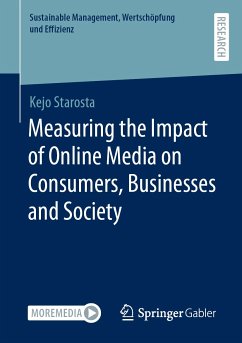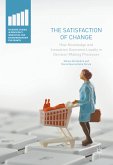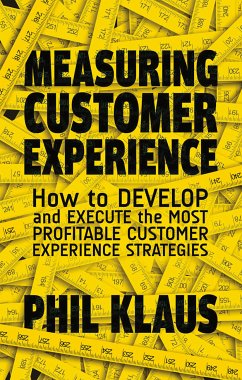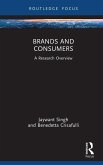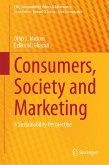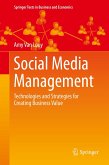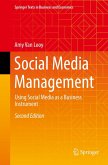This empirical thesis analyses the impact of sentiments in online media on consumers, businesses, and society as a whole, and how knowledge of these correlations can be used in a variety of applications. The results show that the sentiment data can be employed in a variety of ways, functioning as an interesting new explanatory variable to complement and approximate survey data in areas such as tourism demand, consumer confidence, and many more. In particular, the cross-country sentiment analysis reveals compelling information on media biases, the reporting on alternative truths, and countries as a filter bubble. In addition to quantitative comparisons, the descriptive statistics reveal important information on the sentiment developments across countries. While this research is able to provide interesting findings for real-world applications for consumers, businesses, and society, the awareness of a media landscape that is heavily and increasingly dominated by negative news is particularly striking. Thus, in addition to the actual applications, above all, the thesis shows the media landscape in which everyone must act in the future.
About the author
Kejo Starosta is an independent researcher interested in computational text analysis and the large-scale retrieval of unstructured text data from the web. Besides being passionate about computer science, he uses his qualitative text data for econometric modeling to nowcast, forecast, and model various aspects of the economy.
Dieser Download kann aus rechtlichen Gründen nur mit Rechnungsadresse in A, B, BG, CY, CZ, D, DK, EW, E, FIN, F, GR, HR, H, IRL, I, LT, L, LR, M, NL, PL, P, R, S, SLO, SK ausgeliefert werden.
Es gelten unsere Allgemeinen Geschäftsbedingungen: www.buecher.de/agb
Impressum
www.buecher.de ist ein Internetauftritt der buecher.de internetstores GmbH
Geschäftsführung: Monica Sawhney | Roland Kölbl | Günter Hilger
Sitz der Gesellschaft: Batheyer Straße 115 - 117, 58099 Hagen
Postanschrift: Bürgermeister-Wegele-Str. 12, 86167 Augsburg
Amtsgericht Hagen HRB 13257
Steuernummer: 321/5800/1497
USt-IdNr: DE450055826
Bitte wählen Sie Ihr Anliegen aus.
Rechnungen
Retourenschein anfordern
Bestellstatus
Storno

